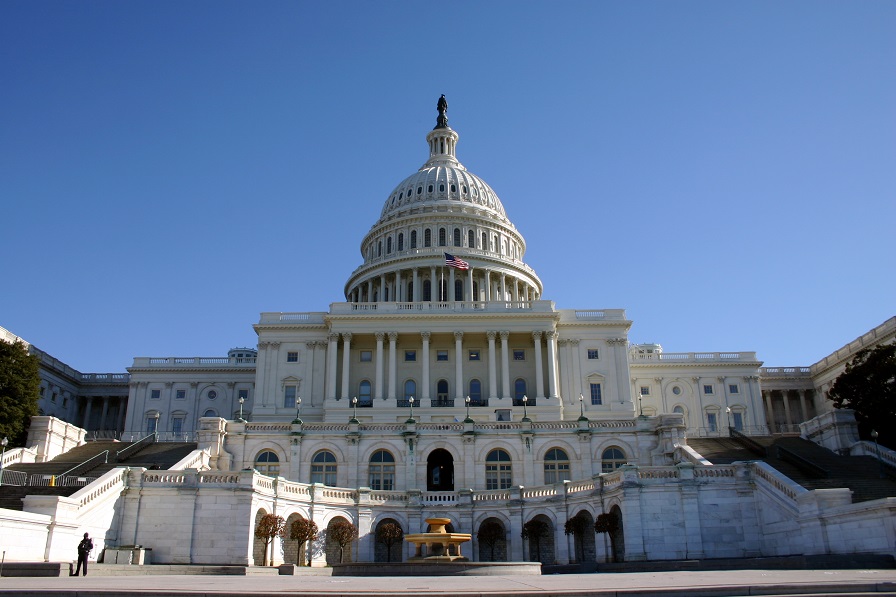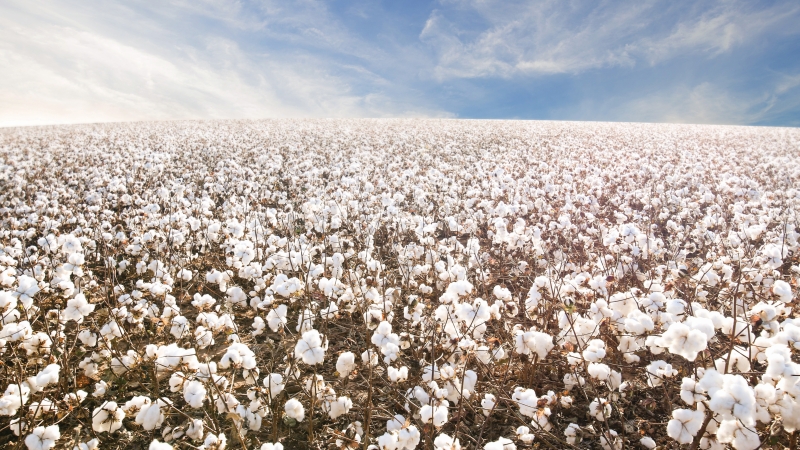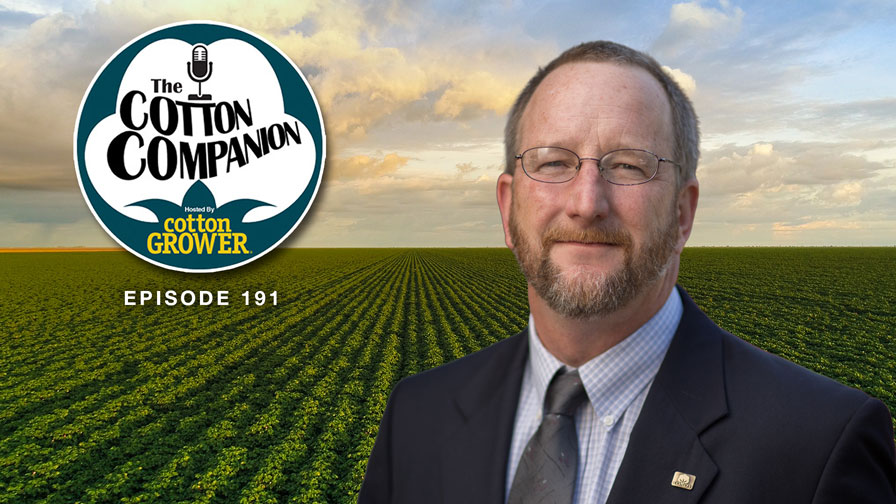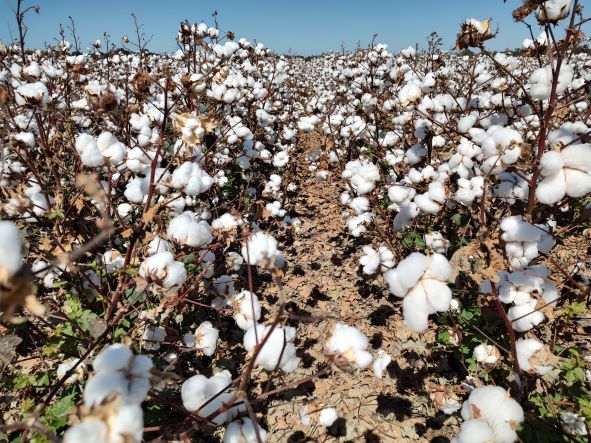Details Emerge in Fund Created for Brazilian Farmers
The United States and Brazil have agreed to establish a fund of $147.3 million per year for technical assistance and capacity building in Brazil’s cotton sector in an effort to resolve an 8-year trade battle over American cotton subsidies, the Memphis Commercial Appeal reports.
The announcement came April 21 in Washington and postpones for at least 60 days Brazil’s imposition of millions of dollars in higher tariffs on American goods and services authorized by the World Trade Organization.
The Cordova-based National Cotton Council released a statement saying it was “pleased to see progress continue along the previously agreed path and welcomes Brazil’s announcement that retaliation has been suspended for 60 days. The U.S. cotton industry will continue to support engagement and consultation between the affected/interested parties.”
The NCC has pointed out in the past that U.S. production of cotton has declined dramatically since Brazil first complained to the WTO in September 2002.
Nefeterius Akeli McPherson, a spokeswoman for the Office of the U.S. Trade Representative, said in a statement that the $147.3 million fund may be used for international cooperation with Brazil and countries of sub-Saharan Africa that joined Brazil in its case alleging the trade-distorting character of U.S. cotton subsidy programs.
The fund is expected to remain in place until the next farm bill in 2012. The U.S. can terminate its participation if Brazil moves forward with countermeasures.
In both 2005 and 2008, the WTO found that certain U.S. agriculture programs were inconsistent with free trade regulations. Last August, WTO arbitrators authorized countermeasures — essentially higher tariffs on goods imported into Brazil from the U.S. — at $800 million.
In March, Brazil announced 222 goods it planned to charge higher tariffs on. WTO also authorized Brazil to impose countermeasures on certain American intellectual property.
Earlier this month, the U.S. and Brazil agreed to postpone the date on which Brazil could impose higher tariffs. As part of the agreement, the U.S. accepts “near term” modifications of its export credit guarantee program.
As part of the original WTO ruling, the U.S. was asked to suspend its Step 2 export subsidy program and other “price-contingent” subsidies that the WTO found suppressed world cotton prices and hurt Third World cotton farmers. Congress abolished Step 2 in 2006.
(Story can be found in original format here.)









